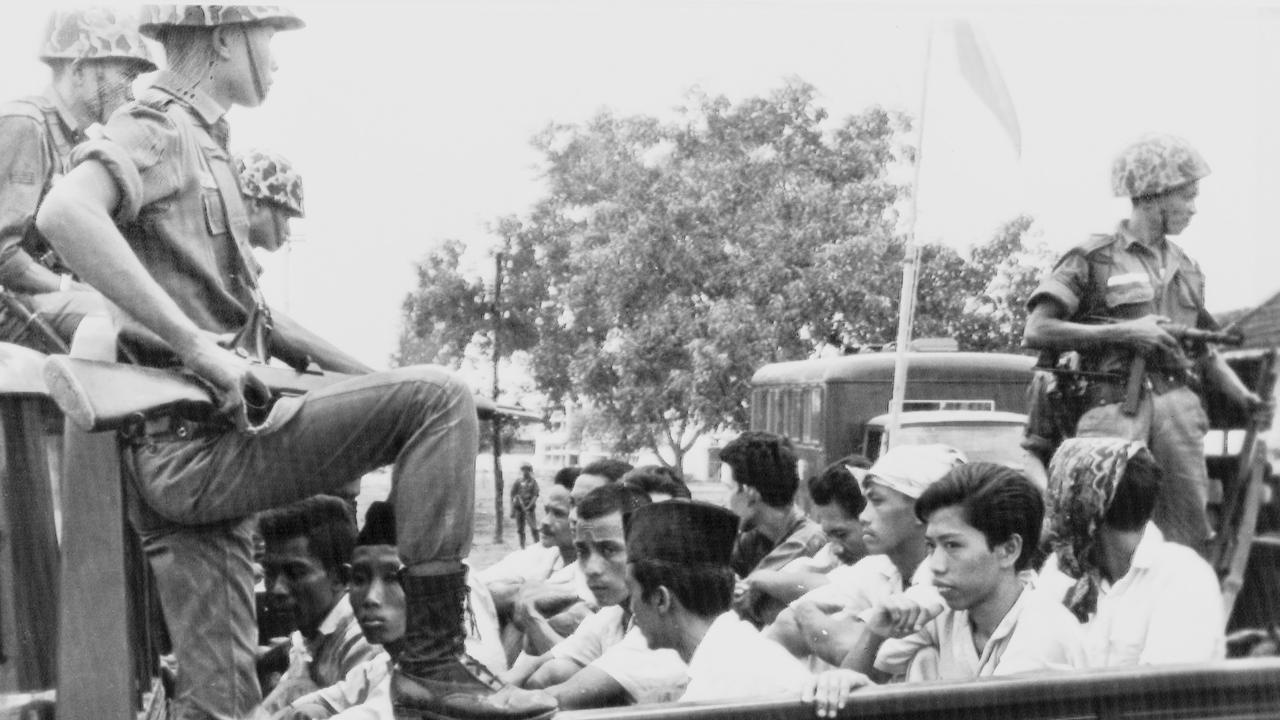Aceh torture centre razed ahead of Jokowi visit
Demolition has been condemned by civil society organisations who say authorities are trying to destroy evidence of atrocities.

Indonesian authorities have demolished a notorious building in which hundreds of dissidents were tortured during the 1990s civil conflict in Aceh, just days before President Joko Widodo is to visit the site as part of a national apology tour for past atrocities.
The demolition of Rumoh Geudong has sparked angry condemnation from civil society organisations who say authorities are trying to destroy the evidence and collective memory of Acehnese people who suffered during the 1976-2005 conflict.
During military operations in the Pidie Regency of Aceh Province, locals referred to the building as the “slaughter house” because it was used by the army’s special forces to detain, torture, and kill people suspected to be involved in the Free Aceh Movement (GAM).
Aceh-based human rights activist Farida Haryani said the government had failed to consult victims’ families who wished to preserve the building as the last connection they had to the victims. “Many of their parents were taken or picked up by the military to the building and never returned. It’s not about reopening old wounds, it’s a way to fulfil their longing for their families and parents,” she told The Australian on Thursday.
It was not the building that triggered trauma among the families, she said, but the presence of security officers, including those from the army in full uniform and carrying rifles, sent in this week to secure the now-flattened site Jokowi, as the President is commonly known, is expected to visit on Monday. “It’s a big mistake for anyone to come and destroy this history. If this order comes from the President, it means the President doesn’t understand history either,” she said.
The Pidie Regency government demolished the building as part of the preparations for Jokowi’s “non-judicial settlement” of gross violations of human rights in 12 incidents between 1965 and 2003 that also include the 1965-66 mass killing and the 1998 May riots.
Jokowi’s acknowledgment early this year to past atrocities was seen as an attempt to keep promises made during his 2014 presidential election campaign to end serious human rights breaches and acknowledge and atone for past violations. Amnesty International Indonesia executive director Usman Hamid said demolition of the site raised questions over whether the government was serious about doing so.



To join the conversation, please log in. Don't have an account? Register
Join the conversation, you are commenting as Logout